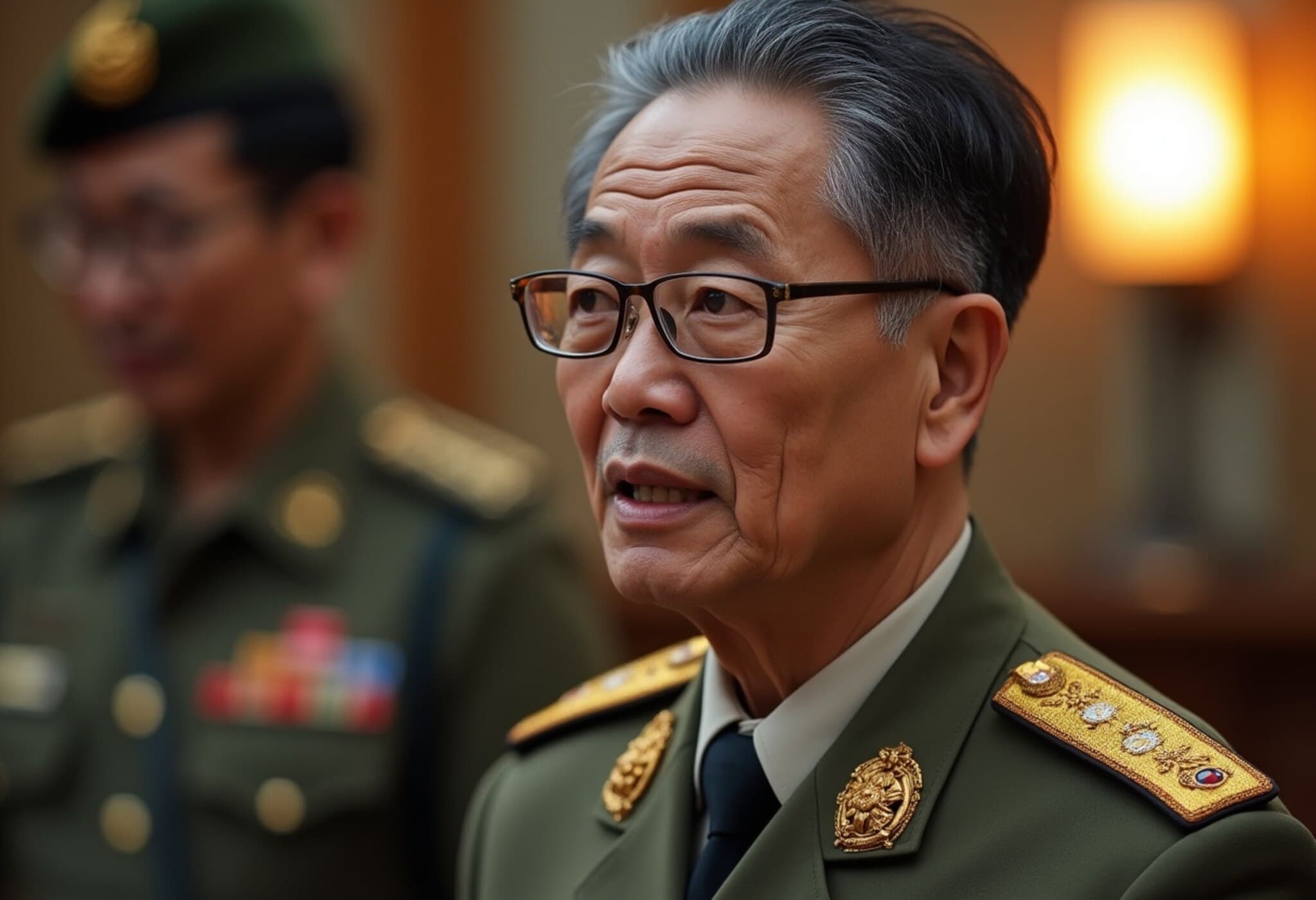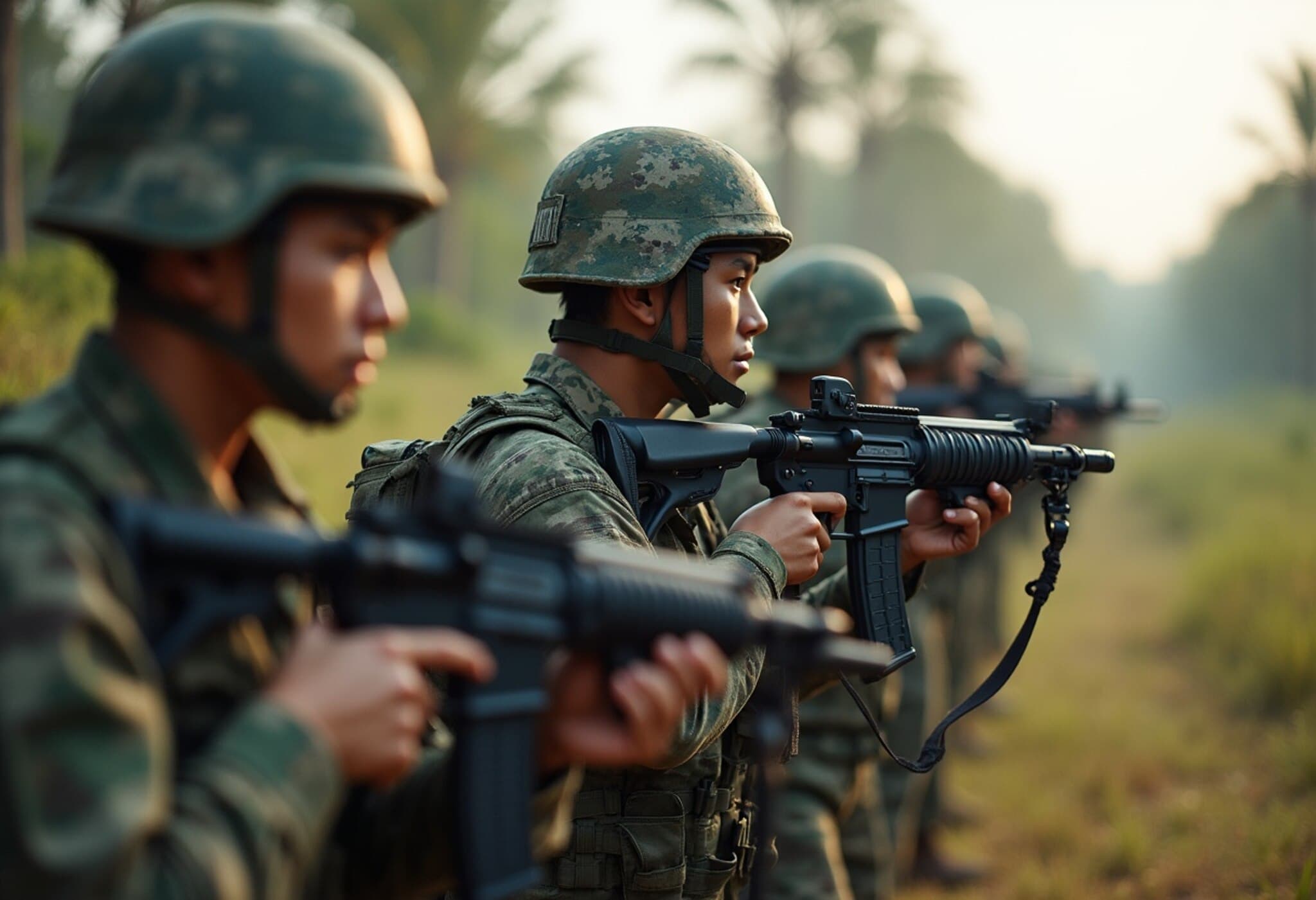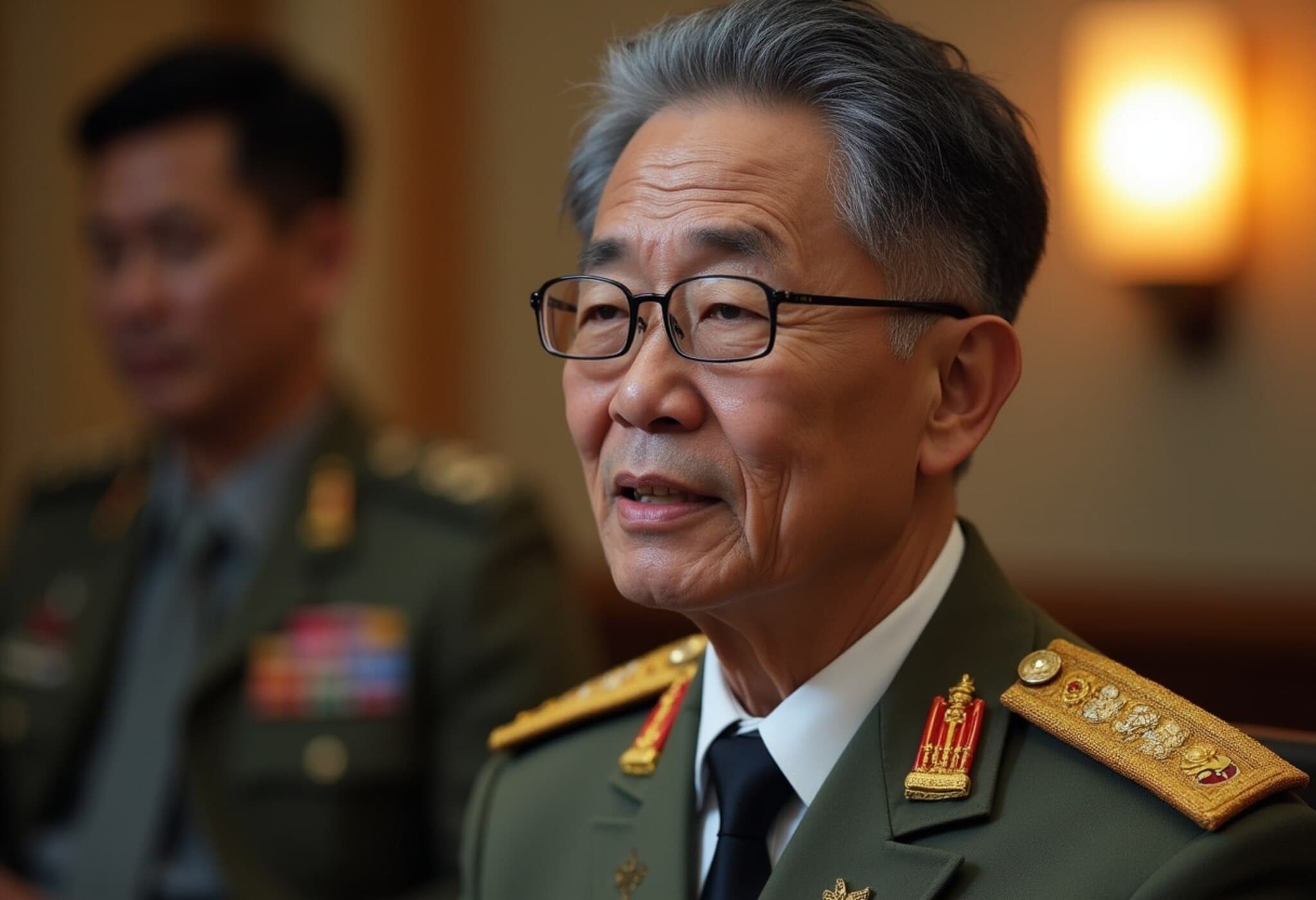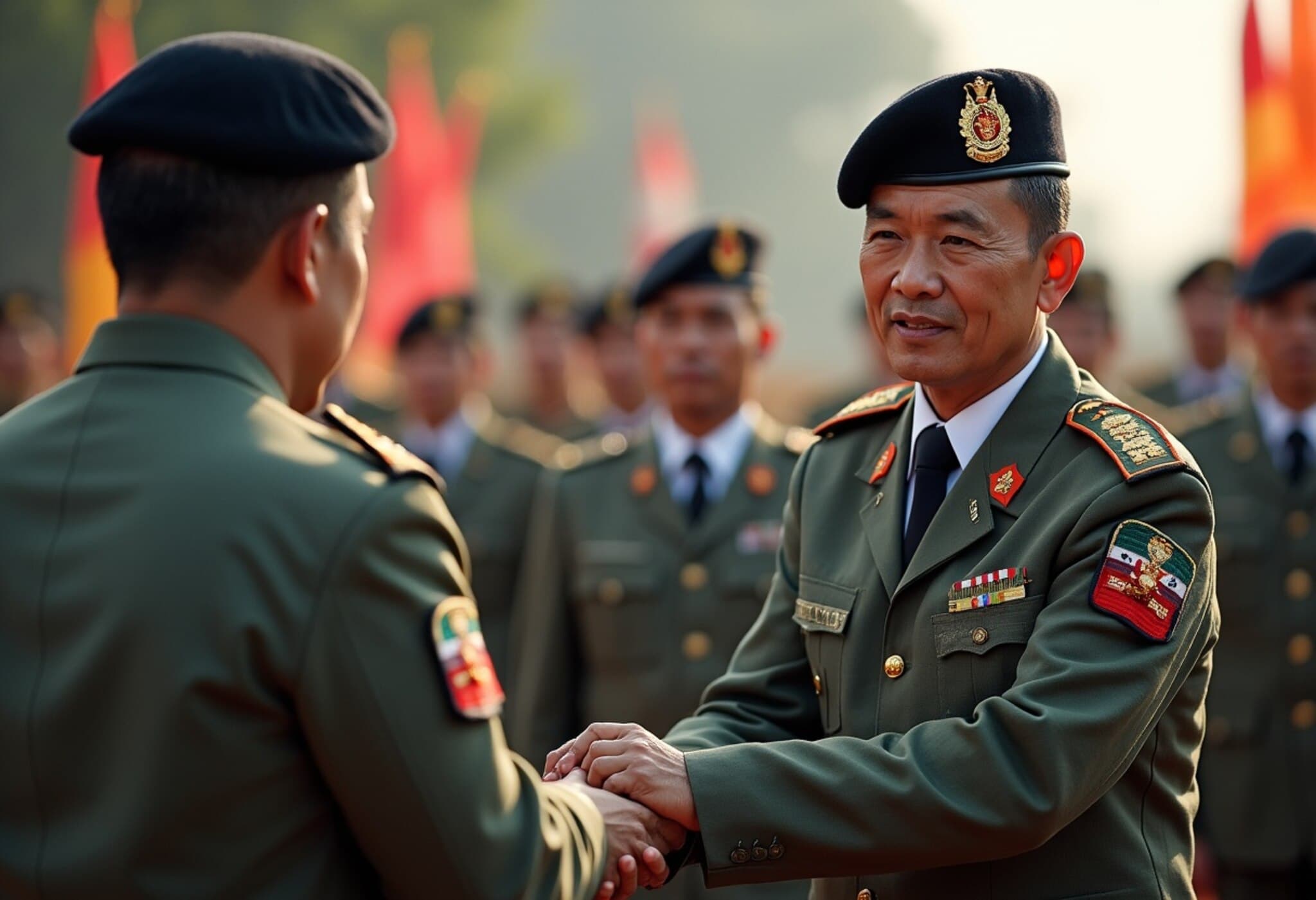Myanmar Mourns Former Acting President Myint Swe
Myint Swe, the military-appointed acting president of Myanmar following the 2021 coup, passed away at the age of 74. His death was confirmed by Myanmar’s military information office on the morning of August 7, 2025, at a military hospital in the capital, Naypyitaw.
Once a powerful figure behind the scenes of Myanmar’s military-dominated politics, Myint Swe had withdrawn from public duties over a year ago amid serious health concerns. State media revealed last year that he was diagnosed with neurological disorders and peripheral neuropathy, rendering him unable to perform many daily activities including eating.
From Vice President to Acting President Amid Military Coup
Myint Swe ascended to the acting presidency on February 1, 2021, under contentious circumstances. The military had detained the elected civilian leadership—Aung San Suu Kyi and former President Win Myint—in a coup that overturned Myanmar’s fragile democratic experiment. By constitutional protocol, Myint Swe, then first vice president and a staunch military loyalist, assumed the acting president role.
Legal analysts both inside and outside Myanmar have long debated the legitimacy of this transition, noting that Win Myint had neither resigned nor was declared incapacitated, making Myint Swe's appointment highly contentious in the eyes of international law and democracy advocates.
The Role in Military Consolidation of Power
During his short tenure as acting president, Myint Swe mostly enacted symbolic functions. The real power rested with Senior General Min Aung Hlaing, the military chief who orchestrated the coup. Myint Swe chaired the National Defense and Security Council, a constitutionally endorsed but military-controlled body with sweeping powers to declare emergencies and manage defense affairs.
It was under Myint Swe’s nominal leadership that the council declared the state of emergency which cemented Min Aung Hlaing’s hold on power. Despite being the nation's titular head, Myint Swe essentially rubber-stamped military decrees, reflecting the military’s grip on Myanmar’s governance.
A Career Steeped in Military Influence and Controversy
Myint Swe’s rise within Myanmar’s army and political system spanned decades. A former general and close confidant of the previous junta leader Than Shwe, he held significant posts, including chief minister of Yangon from 2011 to 2016 during the country’s brief transition to quasi-civilian rule. He also commanded a regional military division earlier.
His tenure was marred by harsh crackdowns, notably during the 2007 Saffron Revolution, where he oversaw security operations that led to the deaths of dozens of protestors and arrests of hundreds. This event became a symbol of Myanmar’s persistent struggle between military authoritarianism and popular demands for democracy.
Myint Swe was also involved in critical power struggles within the military establishment. For instance, he played a role in the 2004 arrest of former Prime Minister Gen. Khin Nyunt during an intra-military purge, subsequently taking over the influential military intelligence apparatus.
International Condemnation and Sanctions
Following the 2021 coup and ensuing crackdowns on civilian leaders and protesters, Myint Swe became one of several military figures sanctioned by the U.S. Treasury Department. These sanctions underscored growing global condemnation of the junta’s suppression of Myanmar’s fragile democracy and human rights.
Legacy and Unanswered Questions
Myint Swe’s death closes a significant chapter in Myanmar’s turbulent political history. Seen by many as a military instrument rather than an independent leader, his presidency symbolized the persistent tensions between democratic aspirations and authoritarian rule. Yet his personal motivations and inner dynamics within the junta remain subjects of speculation.
As Myanmar continues to grapple with political instability, economic hardship, and international isolation, questions linger:
- Will the military maintain its grip without figures like Myint Swe?
- How will regional powers and international actors recalibrate their strategy in Myanmar?
- What prospects remain for restoring civilian governance and human rights?
Personal Life
Myint Swe is survived by his wife and two children. His funeral will be held at the state level, though no official date has been announced.
Editor’s Note
Myint Swe’s passing invites reflection on Myanmar’s ongoing crisis. His rise illustrates how military influence can override constitutional norms, deepening conflict and undermining democratic processes. For analysts and policymakers, Myanmar remains a complex test case of military-civilian relations, sovereignty, and human rights in the 21st century. Keeping an eye on the succession dynamics within Myanmar’s military and the international community’s response will be critical in the months ahead.










